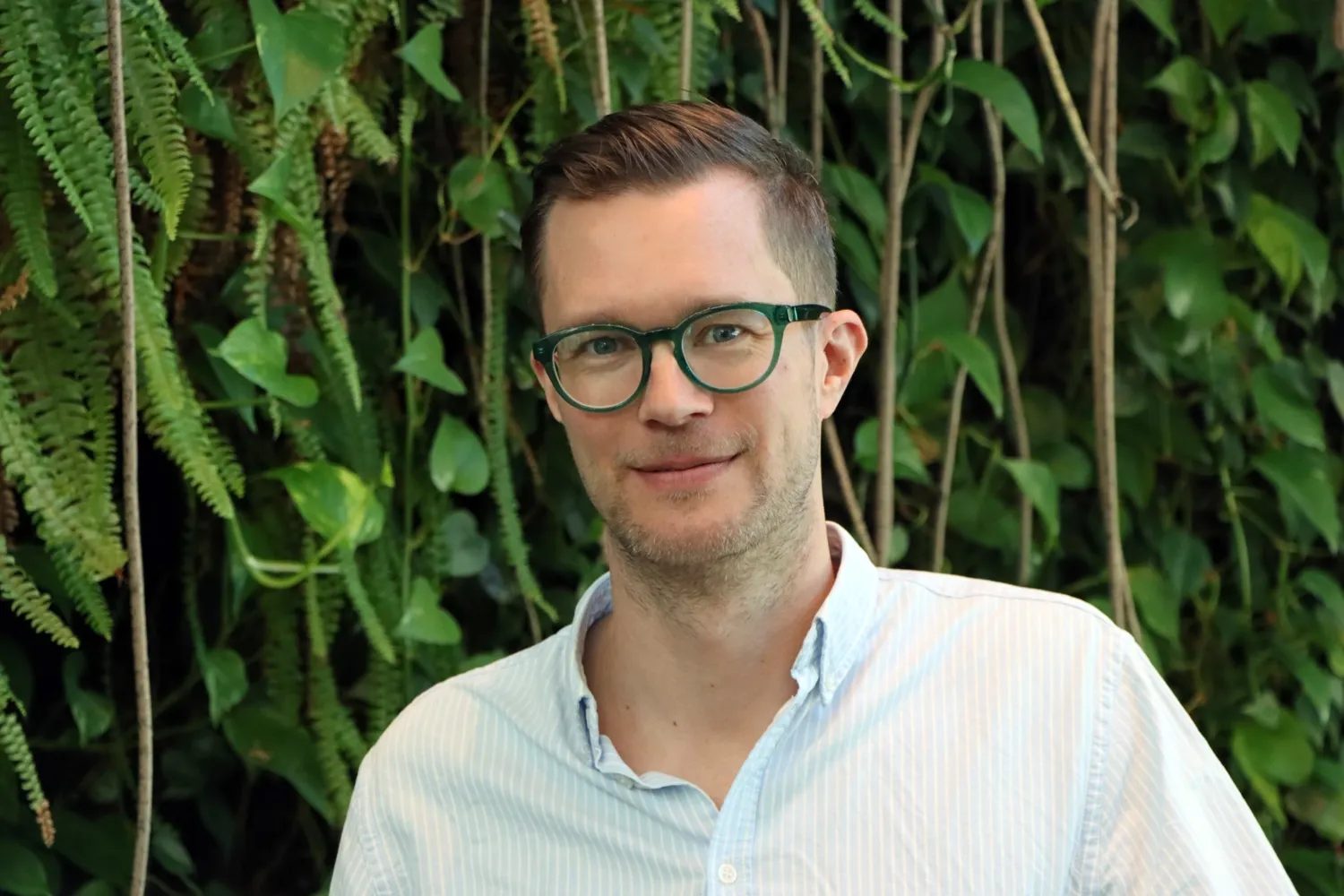Forskningsfokus
REACH - Researching and Evaulating Accessible digital Care for Health
Vår forskning syftar till att förbättra tillgången till vård och främja jämlik hälsa genom utveckling och utvärdering av digitala tjänster för behandling och prevention. Vi fokuserar på livsstilsinterventioner, såsom att främja fysisk aktivitet, med ett särskilt fokus på personer som lever med neurologiska sjukdomar eller skador.
Vi undersöker behovet av digitala interventioner hos personer med sjukdomar eller skador och deras anhöriga, liksom användning, tillgänglighet och upplevelsen av sådana tjänster. Dessa frågor studeras ur individuella och samhälleliga perspektiv, samtidigt som vi beaktar konsekvenserna för vårdens effektivitet och de hälsoekonomiska aspekterna av nya insatser.
Vi är starkt engagerade i sektorsöverskridande samverkan – mellan akademi, hälso- och sjukvård samt industri – och vårt arbete vilar på nära samarbeten med intressenter och representanter från patientgrupper för att säkerställa att digitala tjänster är relevanta, tillgängliga och ändamålsenliga.
Nyheter och aktiviteter
 Photo: Annika Clemes
Photo: Annika ClemesEn progressiv kraft i digitaliseringen av fysioterapi - David Moulaee Conradsson ny forskargruppsledare
 Photo: n/a
Photo: n/a